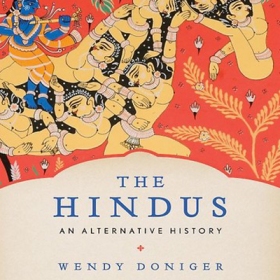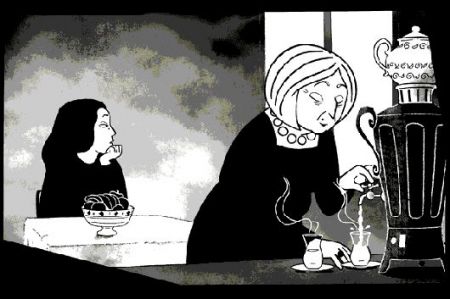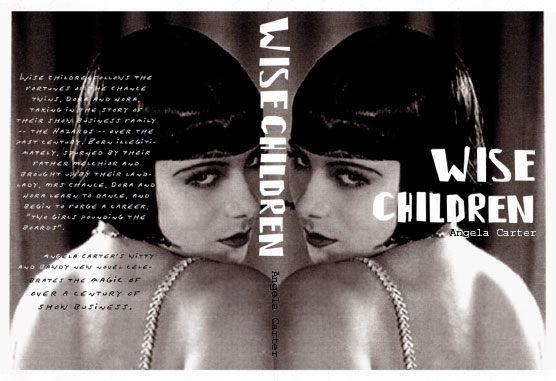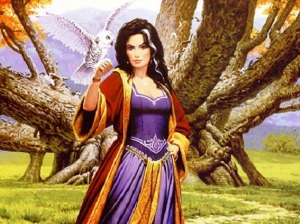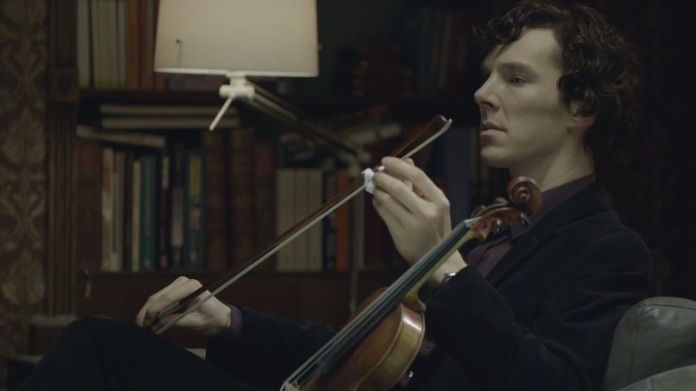Turning and turning in the widening gyre
The falcon cannot hear the falconer;
Things fall apart; the centre cannot hold;
Mere anarchy is loosed upon the world,
The blood-dimmed tide is loosed…
– William Butler Yeats, The Second Coming (1921)
Thus begins my copy of Hindu Myths, published by Penguin with introduction and notes by Wendy Doniger. I had bought Wendy Doniger’s book while at university, inspired by a module on South Asian religions and my lecturer’s effusive praise for Doniger’s research and textual scholarship. I remember looking specifically for the Penguin edition because I held them to the highest standards. Now? Not so much.

Wendy Doniger (November 20, 1940), a prolific writer on the Hindu religion and translator of Sanskrit texts, has published Vātsyāyana Kāmasūtra, The Laws of Manu, and Hindu Myths: A Sourcebook, among others.
In an out-of-court settlement with a Hindu nationalist group, Penguin India has agreed to recall and destroy all copies of Wendy Doniger’s The Hindus: An Alternative History within India. The lawsuit in which her book is implicated claims that Doniger is accused of hurting “the religious feelings of millions of Hindus by declaring that Ramayana is a fiction”.
Time.com provides a succinct summary of events thus far:
In 2011, the Hindu nationalist group Shiksha Bachao Andolan filed a civil case against Penguin India over The Hindus: An Alternative History, by Wendy Doniger, a professor of religion at the University of Chicago. The group claims the book offends Hindus by, among other things, inaccurately representing the religion and offering an overly sexual interpretation of Hindu texts. This, it contends, violates a section of the Indian penal code that prohibits “deliberate and malicious acts intended to outrage religious feelings or any class by insulting its religion or religious beliefs.”
However Penguin India chooses to justify its decision, the fact remains that there was no court order and that the great publishing house could definitely have fought its case further and harder. Naturally, we’re all furious with Penguin’s chickening out. But despite our alarm, fury, outcry and protestations, I wonder if Penguin India is the real villain here.
William Dalrymple pointed out that “real villains are the laws in this country, which were old colonial laws drawn up in the 1890s, and which make insulting religion a criminal offence… The reality is that it is very difficult to defend yourself because the law is stacked very heavily on the side of any lunatic.”
Adding to Dalrymple’s voice of reason, Doniger herself defended her publishing house. Despite her anger and disappointment, she believes Penguin India was “finally defeated by the true villain of this piece – the Indian law that makes it a criminal rather than civil offence to publish a book that offends any Hindu, a law that jeopardises the physical safety of any publisher, no matter how ludicrous the accusation brought against a book”.
However, Arundhati Roy appears has a different opinion on the matter. In an open letter to Penguin India, she has demanded an explanation of their decision. And to be perfectly honest, as someone who’s seen Penguin as a hallmark of great literature, I cannot help but agree with her. Who else is going to fight for free speech when senseless, arbitrary laws threaten writers and readers with censorship? What a heart wrenching, agonizing irony it is that the purveyors of speech are the ones undermining free speech. If Salman Rushdie’s fatwa issued by the Ayatollah had sent a tsunami wave of shock and disbelief through the literary world, I can’t imagine that the pulping of Wendy Doniger’s books in the Indian subcontinent won’t do any less. The only point this proves is that fascists have no creed or nationality, and that sometimes, they do win.
As a citizen of the world and a woman of Indian origin, I am deeply concerned and a little frightened about the future of the freedom of speech in India as long as saffron-robed fascists are in power.

